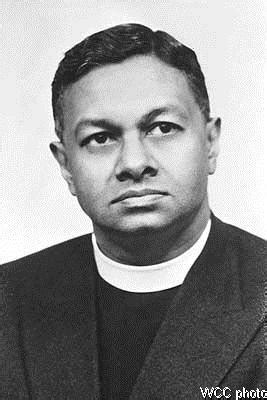A Quote by Horace
Happy is the man to whom nature has given a sufficiency with even a sparing hand.
Related Quotes
If my tone is mocking, the tone of someone accustomed to helplessness, this is natural: the poet is a condemned man for whom the State will not even buy breakfast and as someone said, "If you're going to hang me, you mustn't expect to be able to intimidate me into sparing your feelings during the execution."
There is nothing in the nature of a miracle that should render it incredible:;: its credibility depends upon the nature of the evidence by which it is supported. An event of extreme probability will not necessarily command our belief unless upon a sufficiency of proof; and so an event which we may regard as highly improbable may command our belief if it is sustained by sufficient evidence. So that the credibility or incredibility of an event does not rest upon the nature of the event itself, but depends upon the nature and sufficiency of the proof which sustains it.
The chief difficulty is that God demands of us that we live by faith: faith in God, God's sovereignty over the future, God's sufficiency for the present; while, on the other hand, the various other gods whom we can serve appeal to us in terms of the things which we can see and the forces which we can calculate. The choice between the life of faith and the life of sight is a choice between a God whom only faith can apprehend and gods whom one has only to see to understand.
The Old Testament contains in many places, but especially in the book of Job, one of the most far-reaching defenses ever written of wilderness, of nature free from the hand of man. The argument gets at the heart of what the loss of nature will mean to us....God seems to be insisting that we are not the center of the universe, that he is quite happy if it rains where there are no people - that God is quite happy with places where there are no people, a radical departure from our most ingrained notions.
In some mysterious way, once one has gained an insight into human nature, that insight grows from day to day, and he to whom it has given to experience vicariously even one single form of earthly suffering acquires, by reason of this tragic lesson, an understanding of all its forms, even those most foreign to him, and apparently abnormal.





































